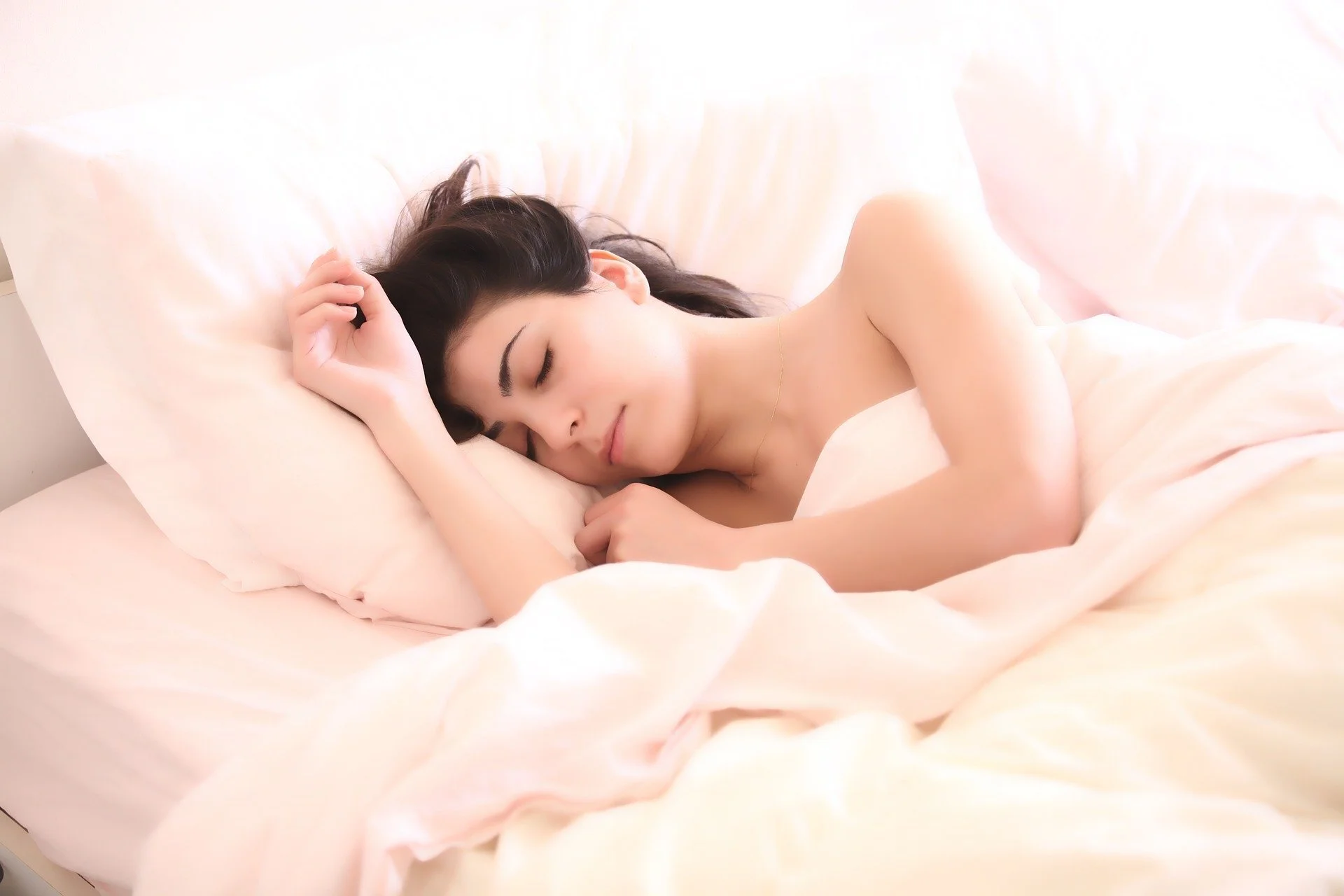
Get Better Sleep With Routines
Sleep … so needed yet sometimes so evasive. We all know we need quality sleep, because we know how crappy we feel when we aren’t sleeping well.
Sleep is also so important for prevention of illness. According to this study, less than 7 hours of sleep per night is associated with greater likelihoods of obesity, high blood pressure, diabetes, coronary heart disease, stroke, frequent mental distress, and death.
If you already have an illness, sleep is critical for healing. When we sleep, our bodily tissues are renewed; a necessary part of healing. Prioritizing sleep is essential for healing.
The hard part for many of us is that even when we try to get more sleep by getting to bed earlier, getting QUALITY sleep is still an issue. The first article in this four-part series, Use Your Mornings to Improve Sleep At Night addressed how what you do in the morning impacts your sleep.
In this second article, the importance of routines in getting quality sleep is the focus.
We are creatures of rhythm. Some obvious rhythms are our pulsing heart, breathing, menstrual cycles and digestion. Other not-so-obvious routines are going on within our bodies, including the release of hormones and neurotransmitters like cortisol, melatonin, serotonin, insulin and many more.
These biorhthyms, or circadian rhthyms, are critical to our health and well-being and have a major impact on our sleep. Many of our biorhthyms are controlled by a trio of organs: the hypothalamus and the pituitary gland in the brain and the adrenal glands, two walnut-sized glands which sit on top of the kidneys. The hypothalamus, pituitary gland and adrenals are often collectively referred to as the HPA axis. These three work together to regulate the secretion of cortisol, a regulator of melatonin, which affects sleep.
The hypothalamus houses the master controller of our biorhythms. The biggest influencer affecting the hypothalamus and circadian clocks is the light-dark cycle. Our body detects when it is light during the day and dark during the night. Other factors affecting our circadian clocks are exposure to bright lights, meal timing, fasting, physical exercise, stress and sleep routines.
While we can’t regulate when the sun rises and sets, many other factors mentioned above ARE within our control. We can control the timing of when we are exposed to artificial light. We can control the timing of meals, physical exercise and sleep routines.
By creating routines for these activities, we can can assist the HPA axis in doing the job it was meant to do.
When the HPA axis is functioning well, optimal sleep is achievable.
To help get the HPA axis functioning optimally, set and follow routines.
Routines aren’t boring! Routines help you get better sleep, and that is a wonderful thing! Your challenge for this week is to set a regular schedule each of these three areas:
-
Waking and bedtime
-
Meals
-
Exercise/Movement
Set a regular schedule for yourself in each of these areas and notice how your sleep improves. And with improved sleep you are going to feel amazing!
Let me know in the comments what routines you find beneficial for quality sleep. I’d love to hear your sleep secrets!
Would you like more practice at relaxed breathing? Sign up here to get my free three minutes of guided heart-focused breathing audio.
Get started with lowering pain and inflammation with my free Relief with Peace Audio Bundle



